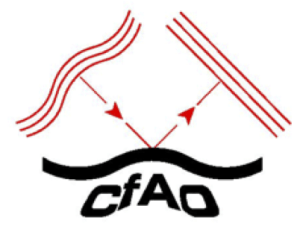Welcome to the CfAO!
The CfAO began as a National Science Foundation Science & Technology Center which ran from 2000 until 2010. Since then, the CfAO has continued to offer the AO Summer School, CfAO Fall Retreat, and educational resources for the global AO community.

